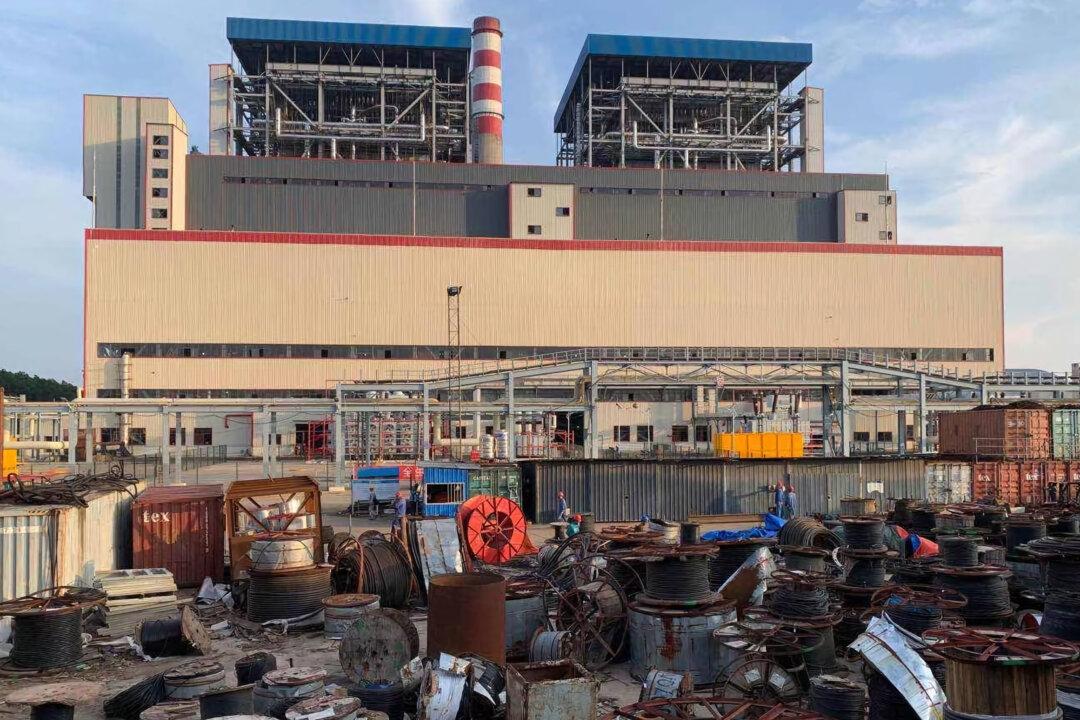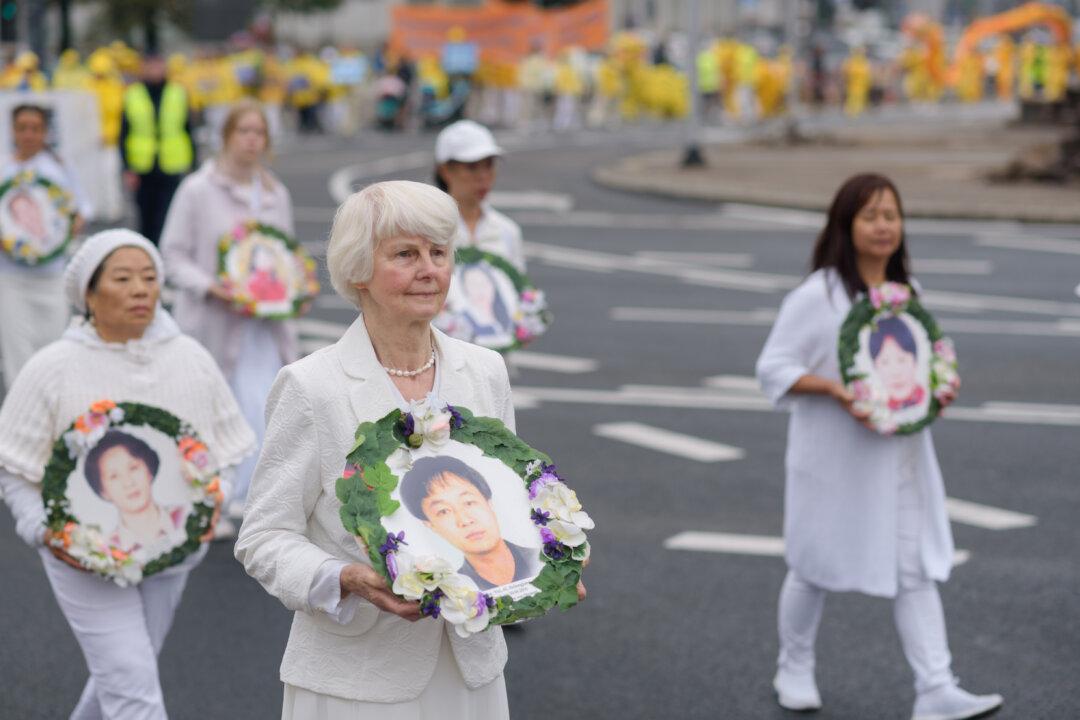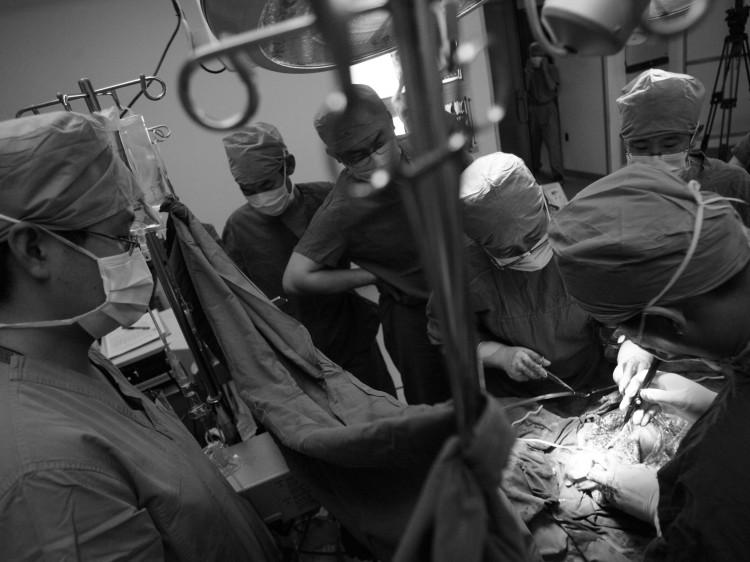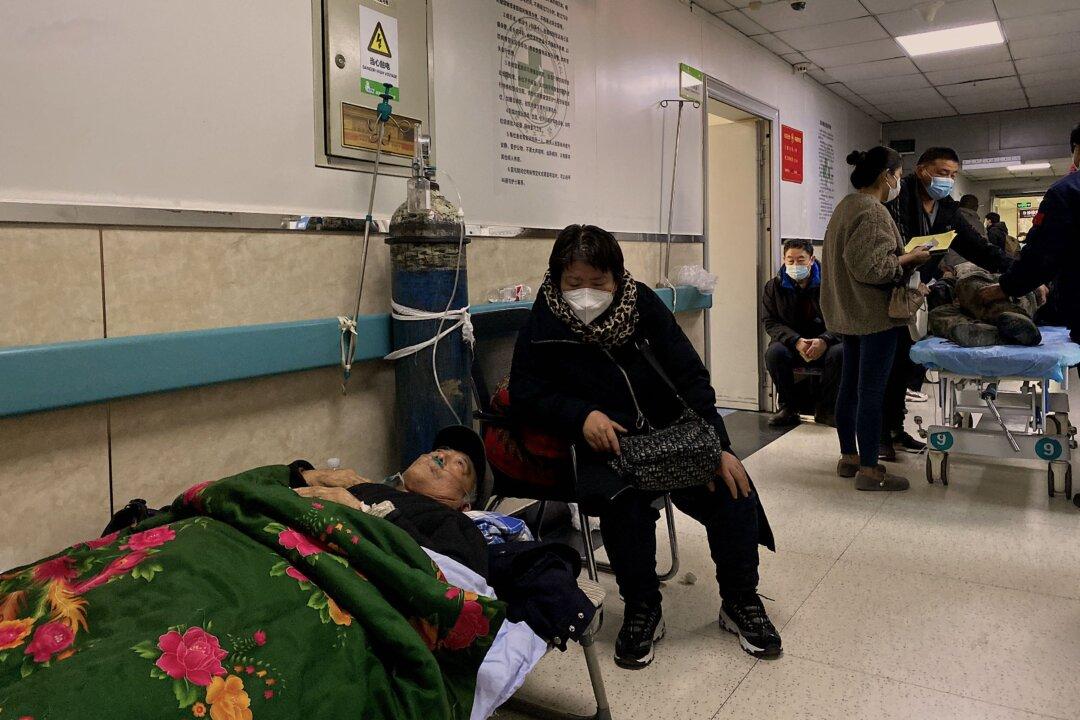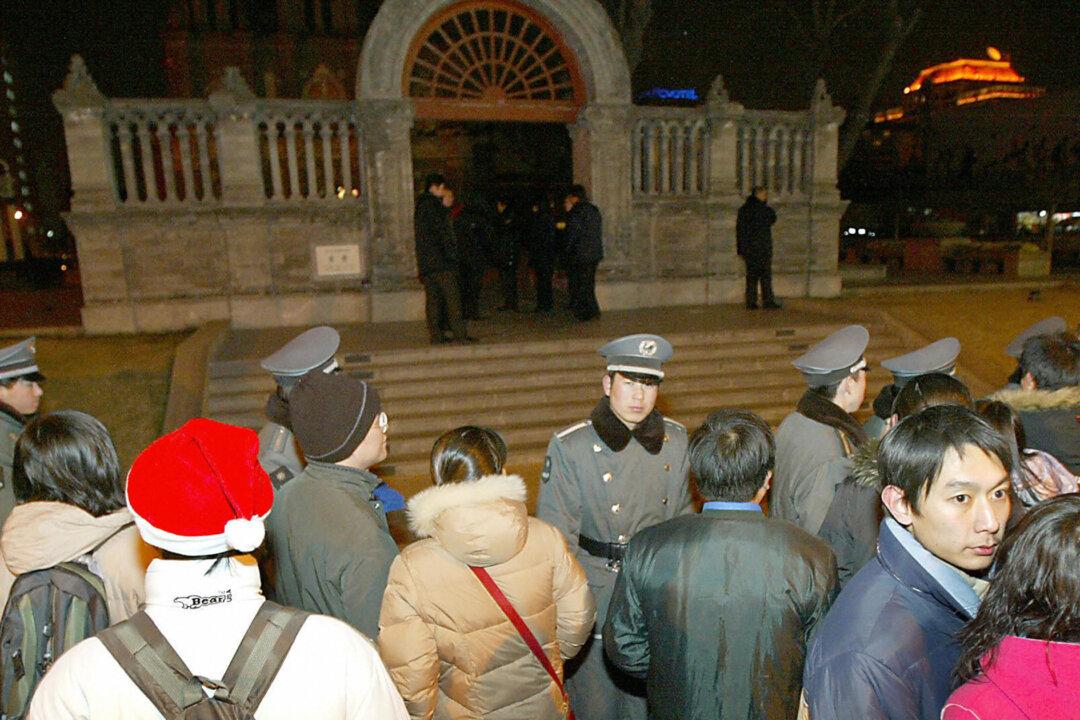In early December, Xiao Yonghong spent his 48th birthday alone, stranded in a hotel in a foreign country, blocked by his employer from returning home.
Xiao, a Chinese electrician, said that his employer made him “quarantine” in a hotel in Indonesia for over fourth months under the excuse that his COVID-19 antibody test results did not meet the employer’s requirement. However, the real reason, according to Xiao, was that he had reported his employer to local police for ongoing negligence, violence, and exploitation.
